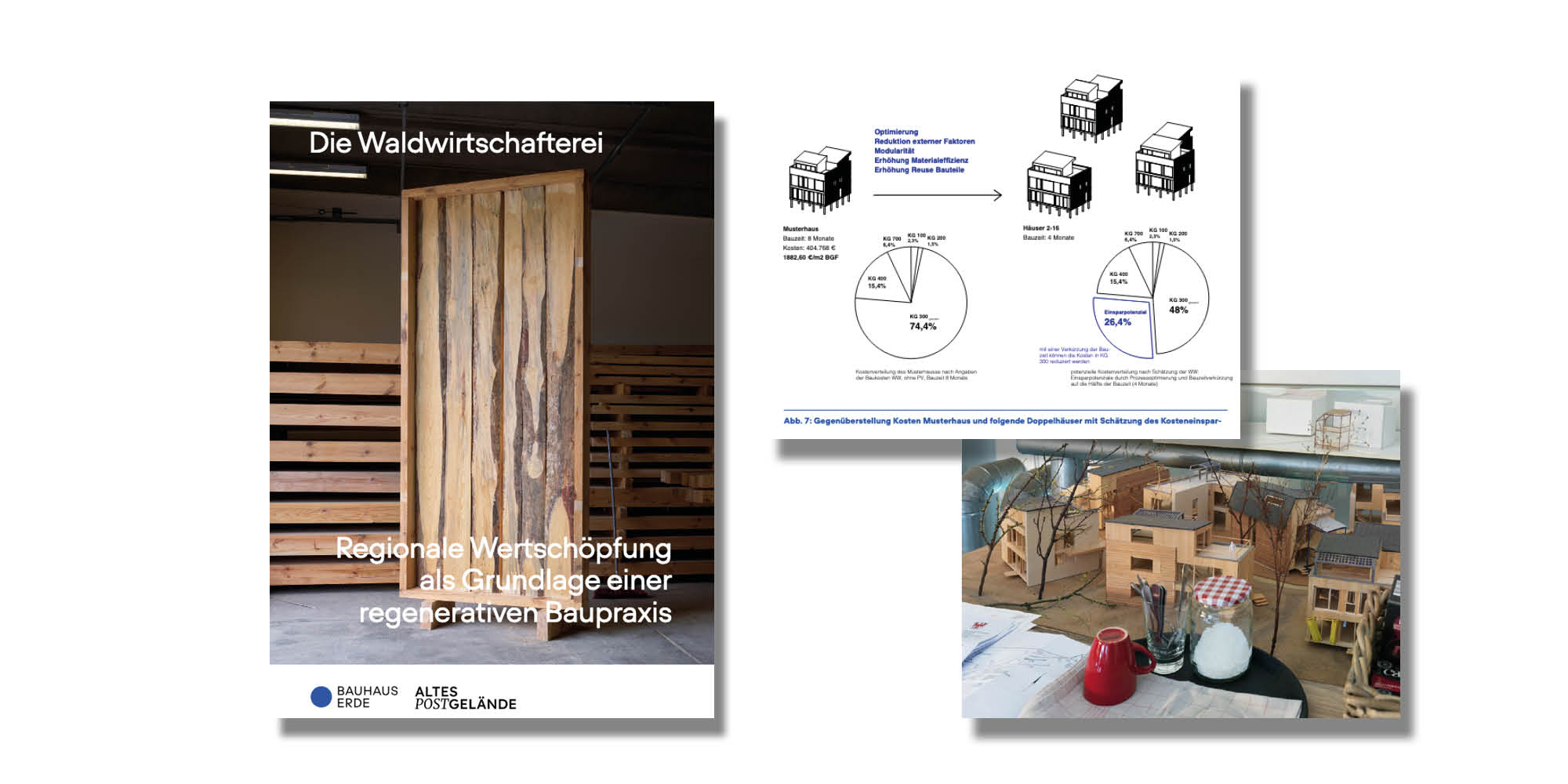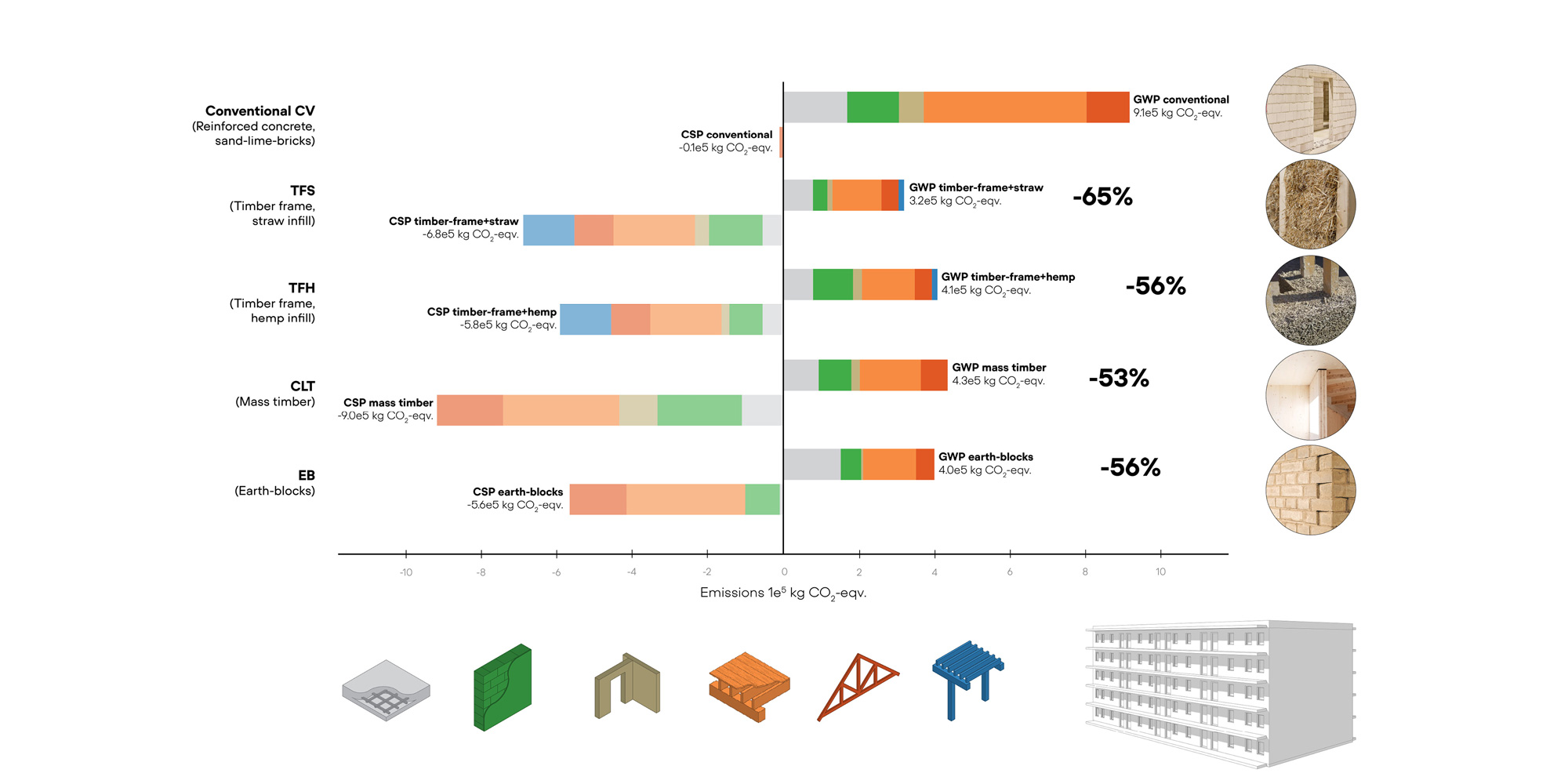
All articles
Annual ReBuilt Workshop: A Global Network for Regenerative Building
Date
28/11/2023
Read time
0
minutes
Last week, Bauhaus Earth hosted experts from four partner regions — Paro-Thimphu (Bhutan), Cape Town (South Africa) Berlin-Potsdam, Germany, and Denpasar, Bali (Indonesia) — for the annual workshop of the international ReBuilt project. During the three-day event, we delved into the concept of a sustainable built environment, discussed goals and practical applications in distinct global settings, and strengthened the collaboration within our network of city-regions.

The ReBuilt Project
Our recent Knowledge Product Collection explains how regenerative thinking in the way we design and maintain cities, buildings, and infrastructure can counteract the negative impacts of conventional construction on natural ecosystems. With ReBuilt, we aim to advance the novel concept of a regenerative built environment and demonstrate how it can be implemented across diverse ecological and social contexts. To accomplish this objective, ReBuilt seeks solutions for cities and their surrounding landscapes to co-evolve in a mutually advantageous manner. The first annual workshop of the project network laid the foundation for future cooperation with our partner regions.
ReBuilt is supported by the German Federal Ministry for the Environment, Nature Conservation, Nuclear Safety, and Consumer Protection.
Workshop Objectives and Programme
The annual ReBuilt workshop was held in mid-November to solidify the next steps for collaboration and share strategies for transitioning towards a regenerative built environment, convening experts and stakeholders from all four city-regions in Berlin.
The workshop had five main objectives:
1. Developing a common understanding of regenerative building practices;
2. Mapping key actors and ‘change agents’ within and outside our own networks;
3. Co-designing a cross-regional learning and exchange process;
4. Envisioning a regenerative built environment in diverse global contexts; and
5. Identifying key strategies and challenges for putting circular building into practice.
The first day was dedicated to building a common understanding between participants and establishing the basis of collaboration. Workshops covered topics, such as the dimensions of regenerative building in each city-region and mapping actors in the built environment. The second day focused on ‘Paving the Way for Change’. Key takeaways were common goals, challenges, and models for implementing positive change in the built environment. Throughout the three days, participants visited local demonstration sites and model projects such as the CRCLR House, the Tempelhof Airport viewing platform, and Haus der Statistik.
Outlook
We were pleased with the enthusiastic and thoughtful participation from all sides throughout the workshop! The collective outcomes of these three days will feed into further research and policy agendas at local, national, and international levels. The new learning network that was created will drive innovative solutions for a regenerative built environment across the globe – and the local implementation of globally-minded solutions will be essential for the achievement of environmental goals. We are excited to see how the results from this workshop carry this idea forward across our partner regions!
We would like to thank all of our international partners who took the time to participate in the workshop, as well as our local partner organisations and venues for hosting us.
Press Gallery
Partners

414films%20(3).jpeg)
-web-(c)-414films.jpg)

